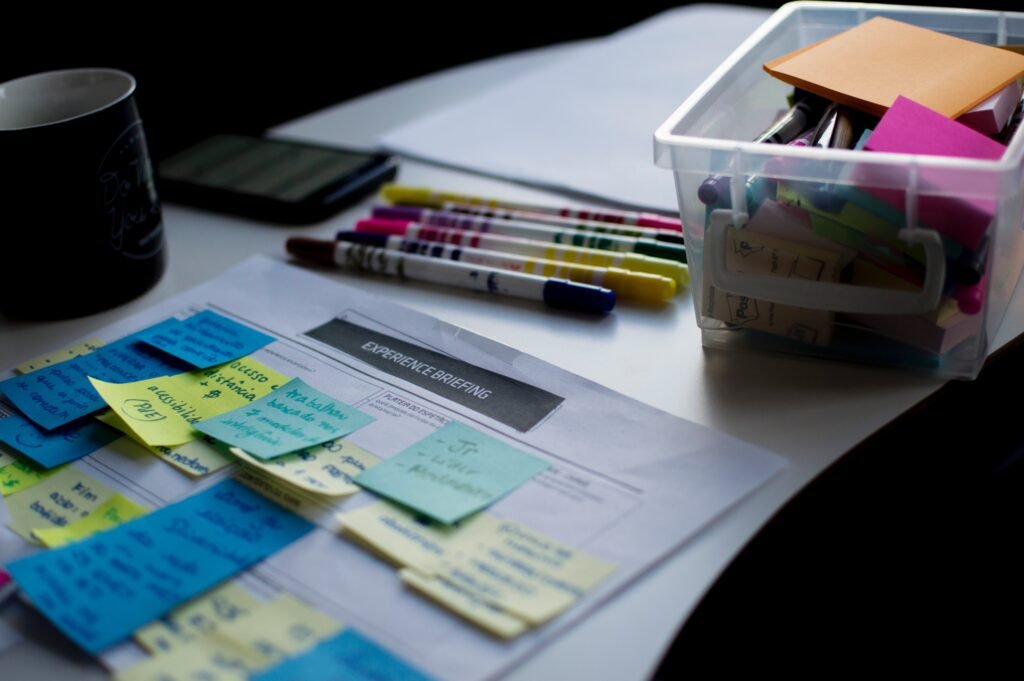12 Time Management “Secrets” to Improve Your Grades

Whether you are in high school, college, post-grade school, or even middle school, the New York Times bestselling book 15 Secrets Successful People Know About Time Management by Kevin Kruse can teach you a thing or two about time management, the most important skill for people who lead a busy life: students. In this article, we selected 12 time management secrets from the book that apply to students and can help them in their study path.
Use Your 1440 Wisely
We all have the same amount of time every day: 1440 minutes. Don’t underestimate the value of each minute since you can dedicate it to calling a friend, making a to-do list, or staying hydrated. The bottom line is that time is the scarcest resource of them all and for that, it should be spent wisely.

Know You Priorities
If you don’t know the destination, you cannot find the way. The author invites students to identify their MIT (Most Important Task) early in the morning and work towards achieving this task.

Switch from a To-do List to a Calendar
Instead of being a source of organization and comfort, To-do lists tend to develop into a source of stress and misery. Instead of a To-do list, give calendars a try. This twist will subconsciously create a sense of commitment to the tasks you have and allow you to do one task at a time instead of being overwhelmed by endless boxes.

Eradicate Procrastination
We know it’s easier said than done but Kevin Kruse suggests some pretty effective tactics to fight procrastination such as:
- Predicting the acts of your future self: If you tend to waste a lot of time on social media instead of studying, uninstall those apps temporarily on your phone and block their website on your pc.
- Compare the aftermath of doing versus not doing: Picture how you’d feel if you get the task done and compare it with the agony of not getting it done.
- Reward yourself: if you aced an exam, reorganized your notes, or studied hard enough, reward yourself. This motivation boost enables you to enjoy your small wins.

Stop When It’s Time to Stop
Perfection is unachievable. There’s no way on earth you can finish all the tasks you have in one day, week, or month. There will be always room for perfection. However, seeking perfection and staying in full control will bring you nothing but burnout. When it’s time to leave the library, leave! When it’s time to sleep, sleep! When it’s time to spend quality time with your family and friends, go and spent time with them!
“There will always be more to do, and always more that can be done.” —Kevin Kruse

Your Notebook is Your Bestfriend
We cannot stress enough how vital the notebook is in the student’s life. Keep a manual notebook and a pen with you wherever you go and note every idea you think is noteworthy. This way, it will be stuck in your mind forever and you can develop it when time allows.

Say “No”
As Moroccans, we’re raised to shy away from saying “no” that we often turn into people-pleasers and prioritize people’s needs over ours. The author invites you to make peace with saying “no”. if you cannot do it, apologize politely and move on with your life. There’s nothing wrong with drawing boundaries.
“Focusing is about saying no.” —Steve Jobs

Live by the 80/20 Rule
The Pareto principle indicates that 80% of the effects/results comes from 20% of the causes/work. Applying this method in the period of finals can take your grades to the next level. Here are some tips:
- You will be tested on the most important ideas of the topic (20% of the material): Dedicate your time revising the principles that are the most important.
- 80% of your grades depend on the last 20% of exam preparation time: In the last days before the exam, focus on revising and re-revising the core topics that you’ve studied before, instead of starting new topics that you haven’t revised.
- 80% of the content of the exam had been discussed in class: If there’s a point that your teacher/ professor overlooked in class, don’t spend more than 20% of your time revising it.
To know more about the 80/20 principle, click here!
Adopt The Three Ds to Boost Your Productivity
| DROP | Delegate | (Re)Design |
| What can I quit doing altogether? | What can be done by someone else instead of me? | What can I keep doing but in a more time-efficient manner? |

Theme Your Days
To achieve a higher level of productivity, consider theming your days. For instance, study maths on Mondays, call Tuesdays your study-in-the-library day, and Sunday your fun-day. This method will create a sustainable routine and structure your week and ,therefore, your life.

Have a “Touch It Once” Mentality
Do you often find yourself doing one task, then moving to another, then getting distracted, then repeating the episode all over again? The solution to breaking this vicious circle is to do it and do it only once. If you have a list of tasks, go through them methodically. Be present, work efficiently, and get it done with.

Have a “Sacred 60” in the Morning
Instead of running from bed to college or school, give yourself a “sacred 60”, an hour for yourself to workout, make a healthy breakfast, read, journal, talk to your family members, or even relax in bed. This hour would help you reduce stress levels and increase productivity.

You Can’t Get More Time But You Can Get More Energy
As we said in the first secret, we all have 1440 minutes a day, but we sure don’t have the same amount of energy. Here are some tips to increase your energy levels:

Check this article out to know more about the Promodoro technique.

For further tips and pieces of advice, check out our discussion forums, a supporting community is waiting for your questions on the different topics we cover!






Responses